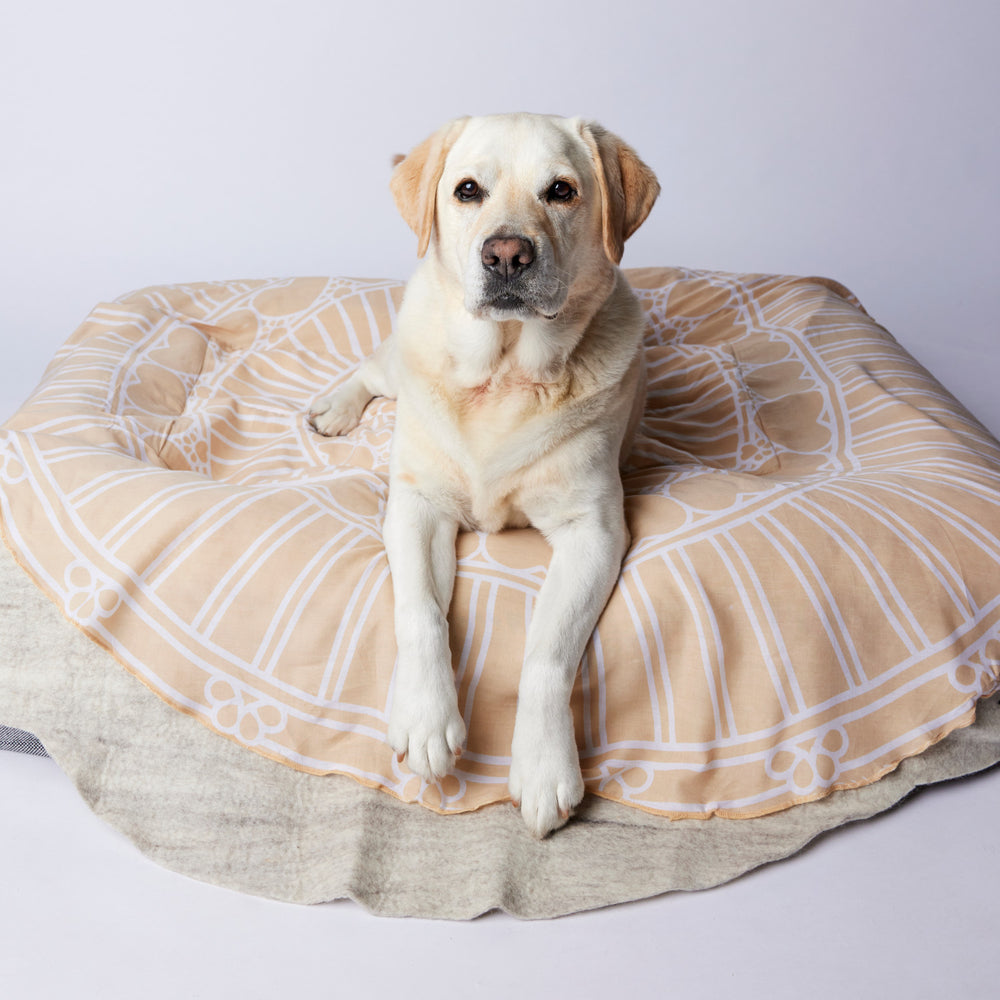How Do You Know If Your Pocket Pet is Considered “Senior”?

Every pet becomes a senior pet, but how your pocket pets age is calculated in human years and the signs to look for vary from pet to pet. We took a look at some common senior pocket pets to determine their senior age and some of the visible signs of ageing.
Hamsters
Hamsters are considered old when they reach the age of 2 years. That’s the equivalent of 70 human years!
And they don’t live a long life, generally 2 – 3 years. However, depending on the hamster breed, this may be more or it may be less.
To calculate a hamster’s age in human years you need to know how old your hamster is.
A one month old hamster is 14 years old in human age, however, each subsequent month equals a different number of human years.
|
Hamster Age |
Human Age |
|
1 month |
14 years |
|
6 months |
34 years |
|
1 year |
58 years |
|
2 years |
70 years |
|
3 years |
100 years |
There are also some visible signs that your hamster is getting old.
Decreased activity
Moving around a lot less is usually the first sign of a hamster ageing. You might notice them do less rounds on the hamster wheel, instead choosing to sleep a lot more.
Dry skin and fur loss
These are normal signs of an ageing hamster. Generally first noticed around the tummy area, hind legs and hips. Sometimes adjusting their diet can provide some relief or you can ask your vet about vitamin supplements.
Reduced Appetite
Old hamsters lose interest in food and this is the main reason they tend to lose weight.
If your hamster doesn’t eat for a day or two, it would be wise to take them to the vet in case it is more serious than old age.
Eye Problems
Old hamsters often develop sticky eyes. However, sticky eyes can also be caused by infection. If in doubt, check with your vet.
Difficulties walking
If your senior hamster struggles to walk, falls overs, drags their back legs or can’t walk at all, this may be arthritis. This is very serious and you should get your hamster to the vet as soon as possible.
For some tips on how to care for your senior hamster, see here.
Guinea Pigs

The average lifespan for a guinea pig is about five to seven years. However, the silky haired Peruvian guinea pig can live up to 12 to 14 years, while the hairless breeds may live only 3 to 5 years.
|
Guinea Pig Age |
Human Age |
|
1 month |
14 years |
|
4 months |
26 years |
|
10 months |
44 years |
|
1 year |
50 years |
|
2 years |
68 years |
|
3 years |
92 years |
|
4 years |
116 years |
|
5 years |
140 years |
We’ve been told that vets consider four-year-old guinea pigs as being senior but it’s difficult as it’s almost impossible to know the age of an adult guinea pig after they are fully grown.
Visible signs of aging include:
Graying fur
Just like humans the guinea pig fur begins to turn gray. Most noticeably around the mouth nose.
Reduced activity / increased sleeping
They may not be as playful and wanting to sleep more often. If you notice that all they are doing is sleeping and they are not eating, take them to your vet for a check up .
Feet change
Older guineas pigs' toes will thicken and twist out awkwardly. This may stop your guinea pig from exercising causing bad circulation which may result in infection. If you notice this, take your pet to the vet straight away.
Cataracts
Just like humans experience.
Bumps and growths on the body
These are not necessarily life threatening , but should be monitored.
Sadly the environment and diet are generally the cause of death in guinea pigs. Providing a clean cage, equipment for exercise, a low stress environment and balanced diet will ensure your senior guinea pig lives a long life.
For tips on care of your senior guinea pig, check out https://www.guineapigmagazine.com/days-of-their-lives-old-age/.
Rats

Rats are around for only a short amount of time in human terms, and pet rats usually live for 2-3 years, 4-5 years in optimal health conditions.
One day in the life of a rat is equal to 26.7 days in human years. Two years is about 60 years in human age, so this is when we would consider a pet rat to be senior.
|
Rat Age |
Human Age |
|
6 months |
18 years |
|
12 months |
30 years |
|
18 months |
45 years |
|
24 months |
60 years |
|
30 months |
75 years |
|
36 months |
90 years |
There are visible ways we can determine the age of your pet rats
Size, teeth colouration and length of fur.
Knowing your pet rat's age will help you determine the best care for them in their senior years.
Apart from determining age, these two characteristics offer the most possible signs that you have a senior rat .
Decrease in activity
Rats will begin to decrease their activity as they got to an old age
Teeth discolouration
They will go a darker shade of yellow or orange.
It’s important to know the age of your pocket pet to ensure you provide the care required for their senior years. Regular consultation with your vet will ensure the optimum health and well being of your senior pocket pet.









